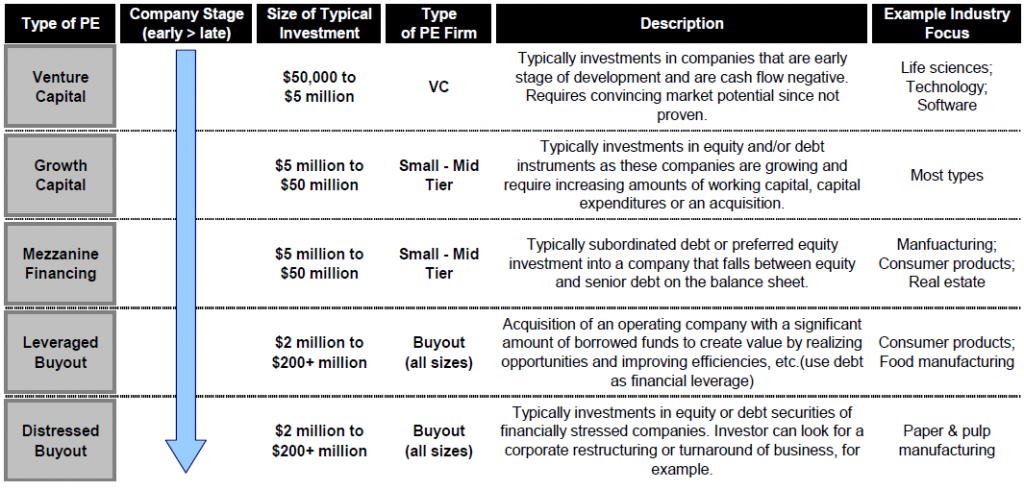What is a Private Investment (with picture)
Post on: 26 Июнь, 2015 No Comment

Article Details
- Written By: Brendan McGuigan
- Edited By: Bronwyn Harris
- Last Modified Date: 08 March 2015

These 10 animal facts will amaze you.
Adorable animal families that will make you aww.
These 10 facts about space will blow your mind.
Private investment is most often used as a general term for investment that comes from an individual or individual group, rather than from a large organization. It may also be used to contrast investment raised by issuing stock publicly. In either case, it is distinguished by the fact that it is individuals making the investment directly with the company or individual, and although certain regulatory statutes may still affect the exchange, they are generally quite a bit different from those that regulate public offerings.
As more people find themselves with access to large amounts of liquid capital, private investment has become a way to take a larger risk with potentially much larger gains than traditional investing. Private investors can acquire large stakes in companies at their early stages of growth in exchange for relatively small amounts of money, taking the risk that if the company succeeds immensely their payoff will be extremely high. This sort of private investment has been seen on a large scale with the explosion of technological companies, especially during the so-called dot-com boom, when many private investors formed the backbone of companies that went on to become major players in the internet market.
When providing capital for a start-up, usually at the earliest stage, this sort of private investment is often referred to as angel capital, and the investor known as an angel investor. Angel investors take personal liquid wealth and invest it directly into start-up companies in exchange for ownership equity or convertible debt. Angel investment is often the second round of financing for a start-up company, after the first round which may consist of money borrowed from family or friends, or simply saved up, and before the third round, which is often raised from a venture capitalist group. While venture capitalists are rarely able to consider investing anything less than $1 million US Dollars (USD), angel investors can invest hundreds of thousands of dollars easily, acting as a stop-gap between business loans and venture capital .
More and more frequently these angel investors are forming loose consortiums, acting as private investment groups. These groups are similar to venture capital groups, except they operate on a lower level of financing. Their group nature allows them to pool information, and share risk and benefits among group members, allowing them to diversify their personal investments over many businesses or sectors.
Private investment may also be used simply to describe an individual who chooses to invest his money himself, rather than going through a broker or putting their money into a mutual fund or other managed account. In this sense, private investment can refer to many people who have turned to the internet to directly handle their own investments, buying and selling their own stocks and bonds, and dabbling in foreign currency exchange on their own. Many people find private investment through a service preferable to having a broker, as it allows them more direct control over their finances, and usually has reduced fees, although it puts the onus of tracking the markets and making decisions entirely on the investor.














